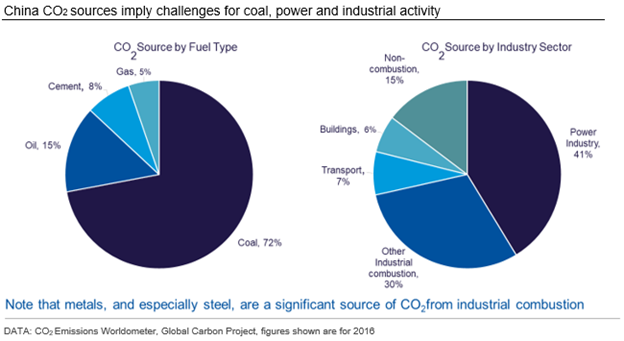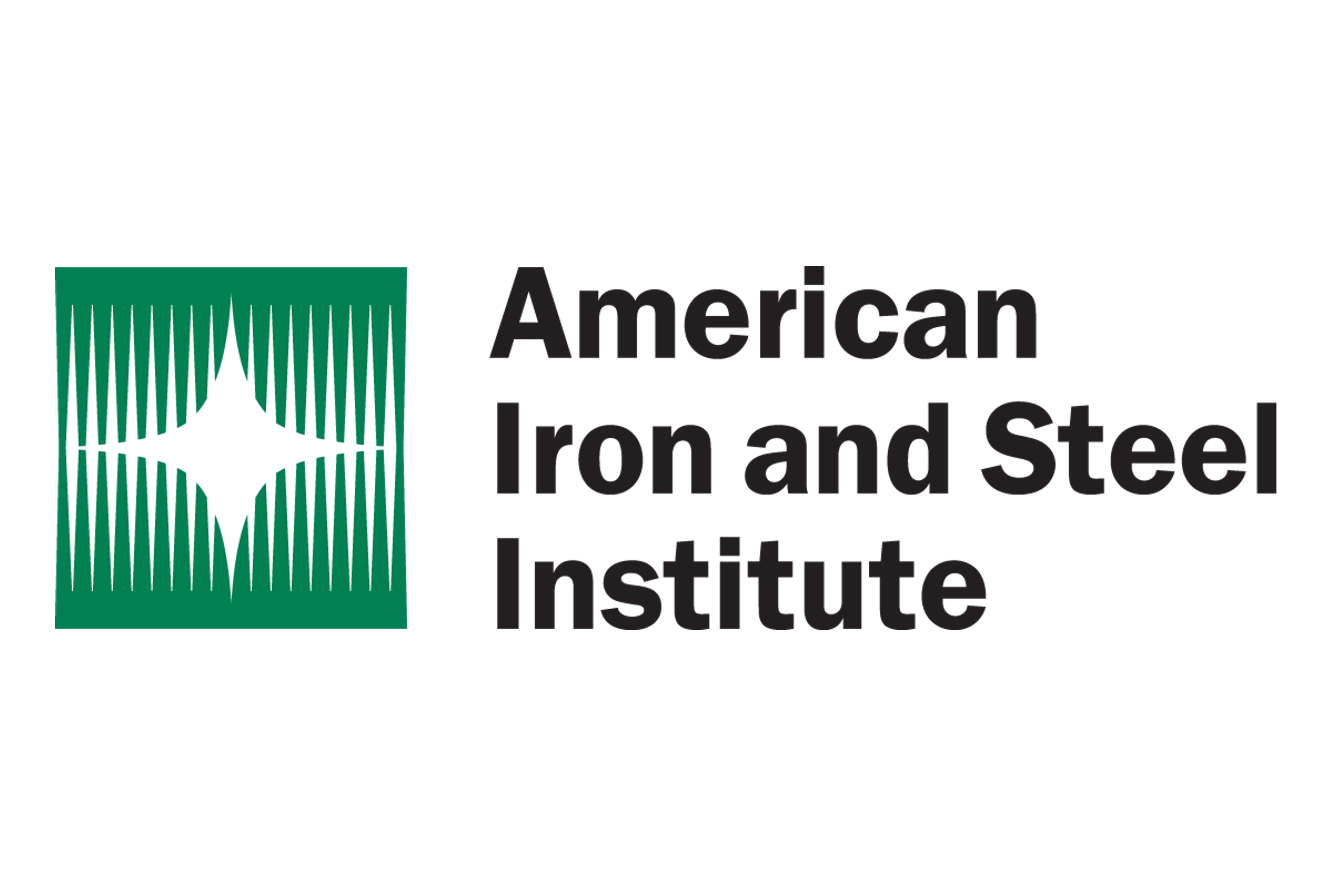Market Segment

October 6, 2020
CRU: China Announces Ambitious Plans for Carbon Neutrality By 2060
Written by John Johnson
By CRU China CEO John Johnson and CRU Senior Consultant Ashley Wang from CRU’s Steel Sheet Products Monitor
On Sept. 22, in a statement to the United Nations General Assembly, President Xi Jinping announced to world leaders that China “aims to have CO2 emissions peak before 2030 and achieve carbon neutrality before 2060”. The part of this statement concerning CO2 was brief and included no further details about the means by which China would pursue these goals.
This CRU Insight explains why CRU believes this announcement is extremely important and which industries are likely to be impacted most significantly. In a series of CRU Insights that will follow over the next several months, CRU will write about the strategies that are being used to meet these CO2 targets as more details supporting this announcement unfold. We will focus on the impact of these policies on the mining, metals and fertilizer industries. CRU’s China offices are uniquely placed to follow this topic and to help clients evaluate the implications of these policies.
Why Is This Important?
In total volume, China is the biggest emitter of CO2, producing around 27 percent of global CO2 emissions. China has already embarked on a carbon emission reduction program and signed up to the Paris Agreement on Climate Change. However, this unexpected announcement is likely to prove very significant since it represents a unilateral announcement to the whole world that China intends to “take decisive steps to honor the Paris Agreement.”
Previous experience suggests that China has the capability and track record to carry through what it plans to do, especially concerning environmental goals. Previous targets announced for the 13th Five-Year Plan (2016-2020) have largely been met. In fact, China is well on its way to meeting its first challenge for carbon emissions to peak before 2030. However, the second challenge to reverse and offset CO2 emissions to obtain carbon neutrality before 2060 is a gargantuan challenge.
This is not just because China is the largest producer of CO2 emissions, but also because of where China is in its development trajectory. China is still in the “catch-up” growth phase of its development, navigating additional infrastructure and urbanization, which will make carbon neutrality a “bigger ask” relative to other advanced economies that have comfortably passed that phase of peak energy demand. Some radical changes to energy and industrial policy are likely to be required, which will impact all aspects of economic life in China.
China’s 14th Five Year Plan (2021-2025), which begins in 2021, will undoubtedly adopt “more vigorous policies and measures” to achieve these ambitious long-term targets. Furthermore, China must start immediately to implement new policies or strengthen existing policies to make any tangible progress and have any chance of achieving these decarbonization plans before 2060. China will undoubtedly commit to a series of increasingly stringent climate and energy goals, which, so far, have generally been over-complied with.
Who Does It Impact?
The following chart shows sources of CO2 in China by fuel source and industry sector. It obviously follows that the industries most impacted will be those that are producing most CO2 – namely coal, power, cement/construction and other key industries that use fossil fuel combustion to produce considerable quantities of CO2 such as steel and other metals. At the same time, transport will be impacted, notably internal combustion engine (ICE) vehicles, which use oil products and will be replaced by alternative technologies.

As already indicated, the details behind this target have not yet been announced, but we can already speculate about various policies that are likely to be implemented or escalated. These include more severe reductions in the use of fossil-fuels and replacement by alternatives, the promotion of new
technologies, increasing focus on energy efficiency and the introduction of market mechanisms such as carbon emission trading schemes or carbon taxes. Simultaneously, there will be an increasing requirement for carbon sequestration schemes to offset any unavoidable CO2.
The polices that follow President Xi’s decarbonization announcement will have significant implications for minerals, metals and commodity sectors. To help clients evaluate the implications of these policies, CRU will publish a series of Insights. Among the different aspects to be considered are an evaluation of long-term decarbonization scenarios, implications for demand, costs, the role of new technology diffusion and the overall impact on commodity markets.
Note: This article quotes from the official translation of President Xi Jinping’s statement at the UN General Assembly published in China Daily on Sept. 24, 2020.
CRU’s commodity expertise, depth of emissions coverage and robust methodologies – developed over 50 years of independent research and analysis – gives you the confidence to make emissions decisions quickly and effectively. We have in-depth emissions and cost data on all parts of the steel and aluminum supply chain, as well as a deep understanding of the impacts of policies such as the EU ETS on both producers and buyers.
We are committed to providing the gold standard benchmark on emissions data to enable our clients to make genuine strides towards net zero. From off-the-shelf cost services and web-based data tools, through to bespoke consulting and advice, CRU is your partner in understanding, managing and, ultimately reducing, your emissions.
Request more information about this topic.
Learn more about CRU’s services at www.crugroup.com






